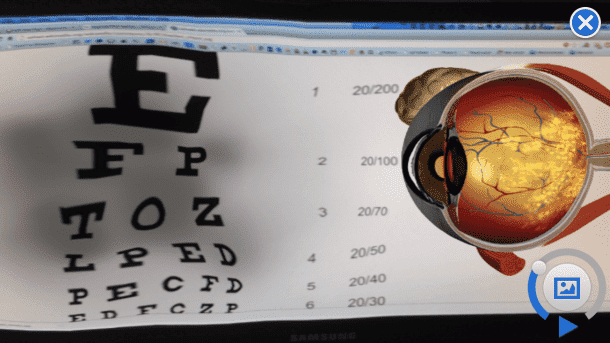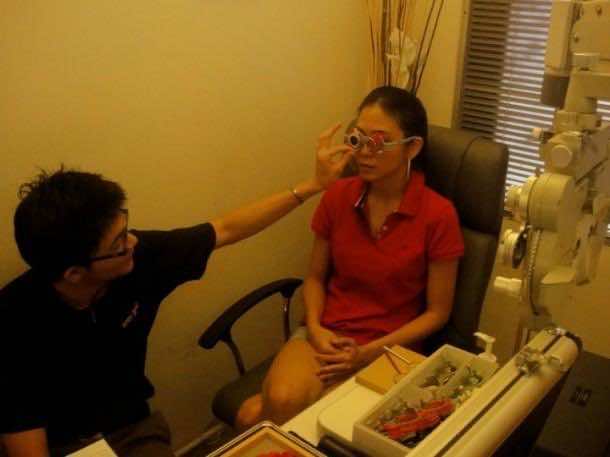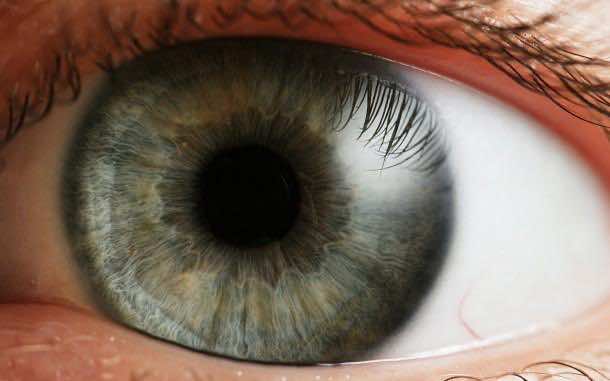We have been putting forward the idea regarding how science and technology and advancement in these fields has proven to be the most beneficial for medical field and this post will further validate our theory.
 When was the last time you went for a proper eye checkup? Chances are you don’t even remember because unlike your other checkups, you tend to put off the eye tests and checkups because it costs time and a lot of money. Eye specialists are more than just busy and then, the cost of tests are another story as well. However, all this will change with the recent advent of adapters, which will allow your smartphone to take pictures with a quality that it would allow the specialists to take decisions based on the picture of your eye (back and front).
When was the last time you went for a proper eye checkup? Chances are you don’t even remember because unlike your other checkups, you tend to put off the eye tests and checkups because it costs time and a lot of money. Eye specialists are more than just busy and then, the cost of tests are another story as well. However, all this will change with the recent advent of adapters, which will allow your smartphone to take pictures with a quality that it would allow the specialists to take decisions based on the picture of your eye (back and front).
 According to the researchers, with some basic training, it will be possible to take picture of eye and then refer that picture to an eye specialist who will be able to interpret it and perform a prognosis based on this picture. The picture can also be added to the patient’s records. Robert Chang, Assistant Professor of Ophthalmology of Stanford University School of Medicine and also one of the developers said; ‘Think instagram for the eye’.
According to the researchers, with some basic training, it will be possible to take picture of eye and then refer that picture to an eye specialist who will be able to interpret it and perform a prognosis based on this picture. The picture can also be added to the patient’s records. Robert Chang, Assistant Professor of Ophthalmology of Stanford University School of Medicine and also one of the developers said; ‘Think instagram for the eye’.
The research team is hopeful that this technology will help to make eye care related services accessible to even remote areas by allowing the doctors to even advise the patient remotely. The existing setup to photograph the eye is very costly, requires extensive training to use and isn’t readily available at all the places as well. Compare that to smartphones and you will have an idea of how useful this invention is.
The lead author for the research paper, Dr. David Myung said; ‘Adapting smartphones for the eye has the potential to enhance the delivery of eye care – in particular, to provide it in places where it’s less accessible.’ He further gave an example of a car accident where a victim usually arrives at the hospital with hyphema. The general trend is for the physician to describe it in words, however, Dr. David suggest; ‘Smartphones today not only have the camera resolution to supplement those words with a high-resolution photo, but also the data-transfer capability to upload that photo securely to the medical record in a matter of seconds.’
 The adapter has been built using cheap parts and is therefore, quite inexpensive. As mentioned before, the gadget will also make it possible to take picture of back of the eye. Dr. David said; ‘Taking a photo of the retina is harder because you need to focus light through the pupil to reach inside the eye.’
The adapter has been built using cheap parts and is therefore, quite inexpensive. As mentioned before, the gadget will also make it possible to take picture of back of the eye. Dr. David said; ‘Taking a photo of the retina is harder because you need to focus light through the pupil to reach inside the eye.’
The gadget is being called EyeGo and will be available for research purposes for now. We hope it goes commercial soon enough!


